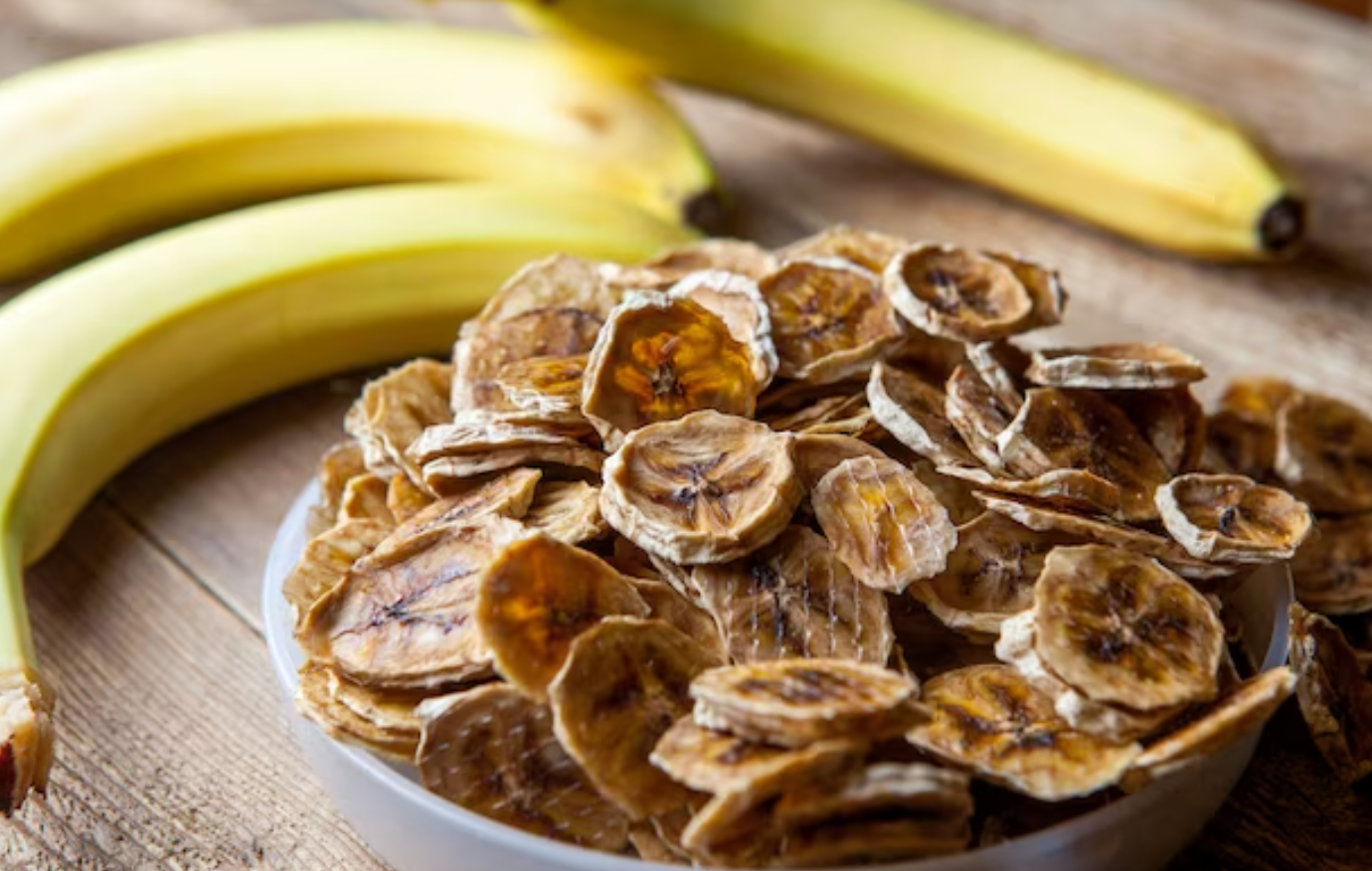Banana fiber bag: A way of reducing plastic consumption and creating gender equality
U of T Medical student Sauliha Alli on her innovative project for reducing plastic pollution in Ghana.
In June 2015, 150 people lost their lives in Accra, the capital of Ghana, as a result of a massive flood caused by storm drains clogged with plastic. Two years later, flash floods hit southern Ghana again, killing 29 people and displacing 100,000 more. In 2019, Accra was once again underwater, causing at least 12 children to drown on their way to or from school amidst periods of heavy rainfall.
Plastic bags, used for packaging water among other products in Ghana, pose a serious threat to the environment and the safety of people. Every year, Ghana imports 2.58 million metric tonnes of raw plastic. Throughout the country, polythene waste—a major driver of pollution and floods—ends up on the streets, in open gutters, and in gathering areas.
To help reduce plastic pollution in Ghana, Sauliha Alli, a third-year medical student at U of T, created a multi-use paper bag called the “Banana Fiber Bag” with her team at the Yayra-Si Youth Foundation (YSYF). Alli serves as co-founder of the non-governmental organization, which aims to amplify the rights of women and youth in Ghana. Together, they plan to manufacture the bags from the stems and leaves of banana trees—plants that can grow with very minimal water and dry soil conditions. “With the funding from U of T, we created a custom machinery that processes the stems of the plant and grinds them up into smaller bits. Then another part of that machine grinds them into even smaller bits and boils the pieces. After that, we add some chemicals to create pulp from the plant. We can turn that pulp into paper that we mould into the shape of a bag and paint designs,” says Sauliha, describing the process.
She sees gender equality as the long-term goal of her project. Sauliha wants to teach young women from communities with an abundance of banana plants how to produce banana fibre bags. “Our strategy is to train 60 per cent of women and 40 per cent of men. We want to promote gender-inclusive training, and then allow these people the opportunity to start satellite businesses,” shares Sauliha.
Right now, when the bags are not yet at the production stage, the team is obtaining the stems and leaves for free local banana plants in Ghana. As soon as the project reaches large-scale production, Sauliha hopes to be able to support local farmers and buy the plants from them. “This way, Ghanaians will not have to rely on plastic from external markets anymore because they will have domestic production that they can support,” she explains.
Overall, projects within YSYF have focused on creating gender equality and self-sufficient production in Ghana. Sauliha’s organization started with her first trip to Ghana as an undergraduate student. Sauliha completed her bachelor’s degree in Neuroscience and Psychology at the University of Toronto Scarborough. As part of her International Development Studies Co-op, she travelled to Ghana to work on a global health project. Throughout her volunteer work, she met her co-founder of YSYF in Ghana. The team is committed to making an impact in Ghana, where the project started, before expanding production to African and Latin American countries, where there are abundant banana fibre resources.
“When I was choosing Ghana as the country for my volunteer work, I can’t say I didn’t participate in the problematic narrative where we see Ghana as this hopeless undeveloped country,” admits Sauliha. “I think the biggest issue with that line of thinking is that it doesn’t contextualize that poverty, or those kinds of social issues, are deeply embedded in colonial histories.”
She came into her co-op with limited exposure to social justice work. But Sauliha’s stereotypical thinking was quickly shut down after being in Ghana for a few weeks. She had to reflect on her privileged position after seeing the locals’ daily lifestyles. Stigmatization of women, low health literacy rates, and high rates of adolescent pregnancy, these are the systemic problems that have been perpetuated for generations in Ghana.
With the prototype Sauliha’s team manufactured using their new machinery, the Banana Fibre Bag project aims to reduce polythene pollution and empower Ghanaian women to participate in the male-dominated labour market in the near future.

